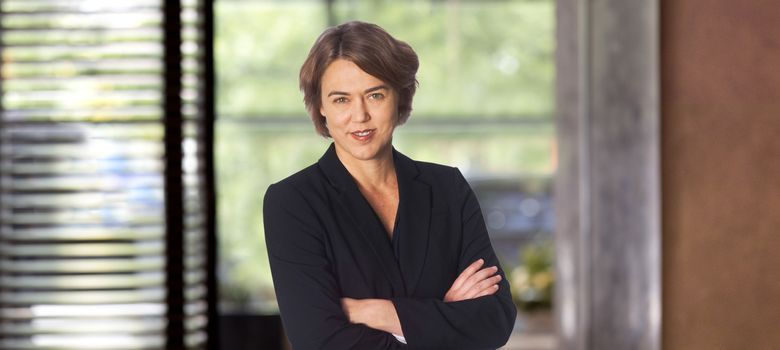Professionals 129 results
Capabilities 30 results
Practice Area
Practice Area
Practice Area
Experience 12 results
Experience
|May 15, 2025
Winston Secures Federal Circuit Victory for Snap Axing Image-Presentation Patents on the Pleadings
Experience
|August 15, 2024
Winston Achieves Historic No-Damages Summary Judgment for Microsoft in Patent Case
Experience
|January 19, 2024
Insights & News 789 results
Recognitions
|January 9, 2026
|Less Than 1 Min Read
Winston Recognized in World Intellectual Property Review’s 2025 Trademark Rankings
Winston’s AI Top 10
|October 2025
|5 Min Read
Winston’s AI Monthly Recap - October 2025
Winston’s AI Top 10 summarizes the latest AI developments in the legal industry.
Sponsorship
|October 15, 2025
Winston & Strawn Sponsors, Speaks at ChIPs 2025 Global Summit
Other Results 35 results
Site Content
What Is Trademark Infringement?
Site Content
Site Content
What Is the Domestic Industry Requirement?



